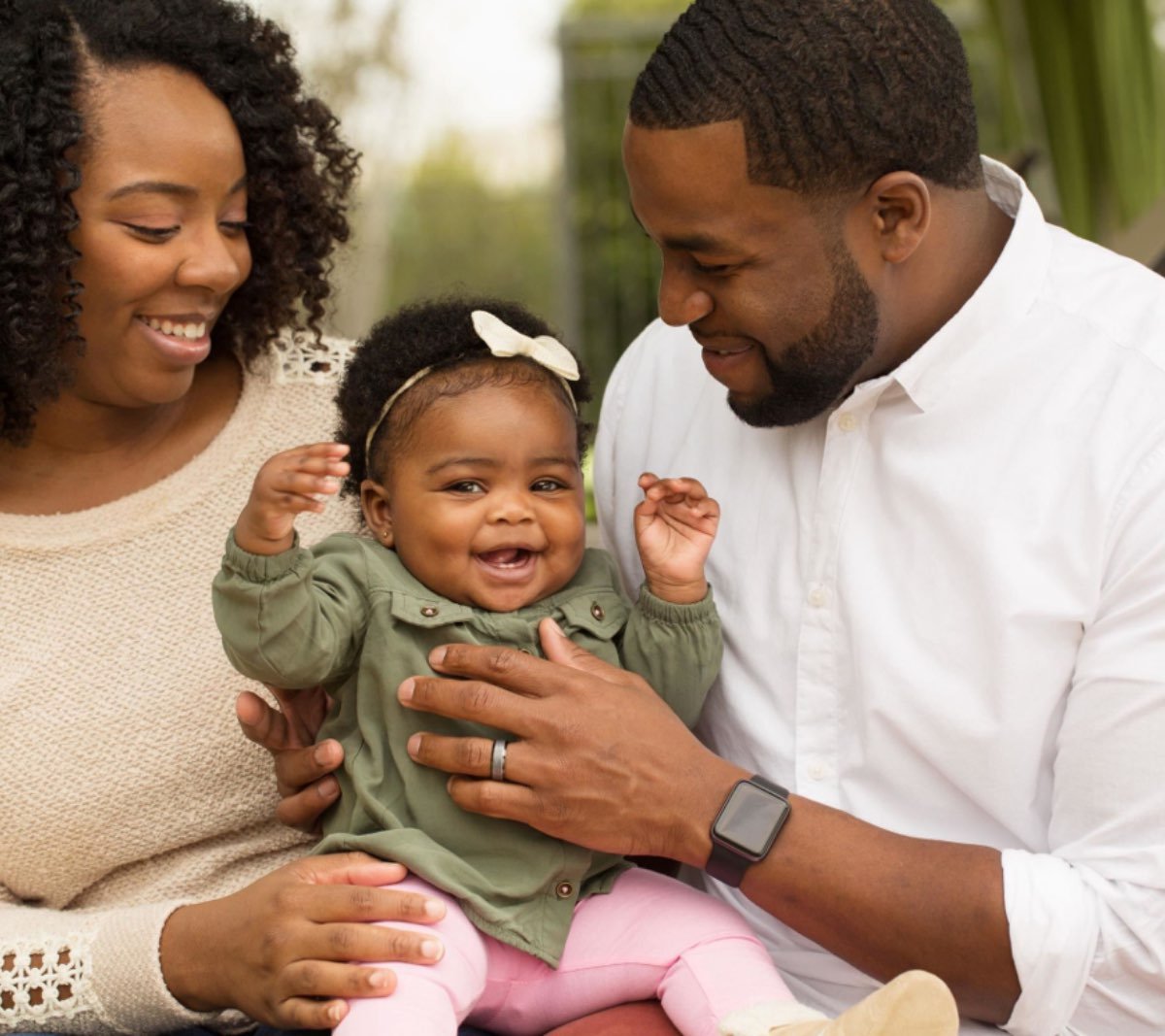Nestlé has announced the outcome of a first-of-its-kind study into global parenting experiences. Commissioned by Nestlé as part of its ongoing commitment to support families in the first 1,000 days of life, Nestlé Parenting Index is a unique new way of benchmarking and understanding the experiences of parents across the world today. It reflects the views of over 8,000 moms and dads of babies aged 0-12 months in 16 countries.
The Nestlé Parenting Index identified eight universal factors that impact parenting across the world including pressure (internal and external), financial resilience, support for working life, easy baby, health and well-being resources, supportive environment, shared parenting, and parenting confidence.
The most significant of these factors is pressure, something parents have little control over, but which has the biggest impact on parents around the world (contributing 23% of the overall Parenting Index score). In every country surveyed, parents feel some form of internal and external pressure. This can materialise as judgement from others (including via social media), the unexpected realities of parenting, guilt caused by self-criticism and feelings of loneliness despite living in a hyper-connected world.
In Nigeria, which is in the 12th position out of the 16 countries surveyed, pressure is a significant concern for parents, with 70% of them acknowledging high levels of social pressure, unsolicited advice and judgement from others often leading to feelings of stress, anxiety, shame and even guilt. On the other hand, Nigerian parents feel well equipped to make informed parental choices, reporting that their preferred sources of parental advice come from family members and health care professionals.
Speaking about “mom-splaining” in her home country, Cynthia, a mom of three from Nigeria said: “We are the kings and queens of not minding our own business. It’s very normal to be on the street walking with your kid and if people feel like maybe you’re not holding your kid well, or there’s something wrong, whether you like it or not – they will tell you!”
While the level of difficulty varies by country, the study reveals that there is no perfect place to raise a family, as even in Sweden – which ranks highest with an Index score of 75/100 – parents face challenges, with a lack of parenting confidence being their biggest concern.
Financial resilience
The Parenting Index reveals that Nigeria ranks lowest on financial resilience with 68% of Nigerian respondents admitting that raising a child has a strong impact on the family finances, especially with childbearing and health care related costs.
Supportive environment & Shared parenting:
The Parenting index report shows that less than 50% of Nigerian parents agree that parenting responsibilities are equally shared in their households. This reflects the African culture which traditionally assigns the role of the provider to the men and primary care giver to women. Shared parenting is very
topical today with calls for new dads to move beyond stereotypes of the past to become more equal partners in parenting. Nigeria is not left out of this conversation especially online.
Nestlé Parenting Index- www.theparentingindex.com is a call for all stakeholders to play their part to support parents in today’s context where the pressures and needs have evolved with the changing workforce and increasing financial pressures.
Thierry Philardeau, Senior Vice President, Head of Nestlé Nutrition Strategic Business Unit, Nestlé SA., said: “At Nestlé, we are always challenging ourselves to better understand the complexities of the parenting journey. We believe that finding solutions to the universal pressures faced by parents today will help them feel better supported in the decisions they make during the first crucial 1,000 days of a child’s life.
“Through Nestlé Parenting index, we can create a roadmap for change and for the first time measure it – today and in the years to come. But we cannot create measurable change alone. We are calling on those who share in our vision to join us in making this world an easier place to be a parent and raise healthier, happier future generations.”

